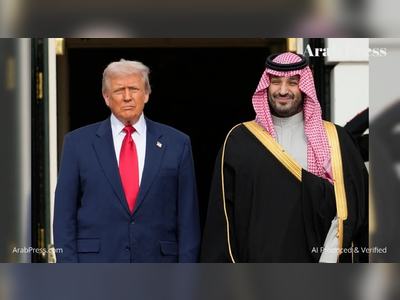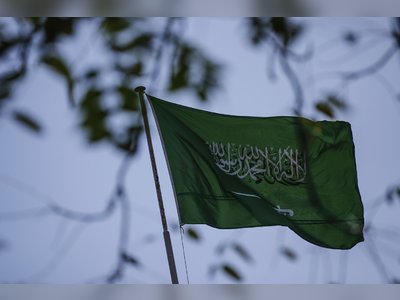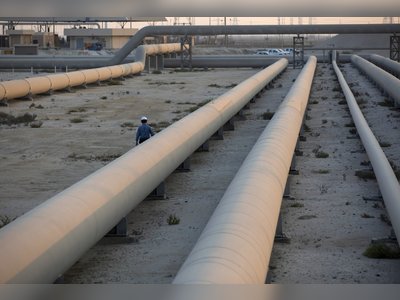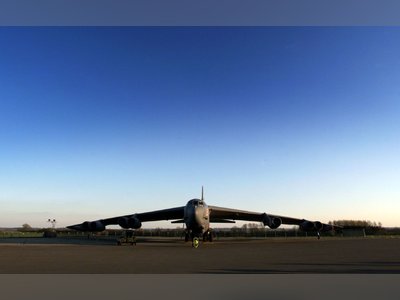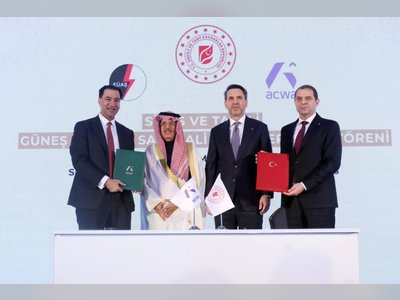Battlegrounds and Conflicts: U.S. Election Dynamics, Middle East Tensions, and Global Repercussions
Middle East tensions rise as Israeli forces advance into Lebanon, sparking regional conflict and global repercussions.
In the latest political polling from battleground states, Jewish voters show robust support for Kamala Harris, favoring her over Donald Trump despite his pro-Israel policies. Meanwhile, Arab American voters are more split, with a slight majority leaning toward Trump, reflecting dissatisfaction with current Middle East policies. As both candidates navigate complex positions on Israel and Palestine, they face skepticism from various advocacy groups.
Shifting gears to the Middle East, Israeli tanks have advanced into southern Lebanon, marking a significant escalation in the conflict. Hezbollah, battling Israeli forces with rockets and artillery, has named Naim Qassem as its new leader amid this intensified clash, which has resulted in significant loss of life across Lebanon.
Meanwhile, tensions are compounded as Houthi militants from Yemen claim responsibility for drone attacks on the Israeli city of Ashkelon and international vessels, citing these as retaliation for Israeli military actions. The conflict sees ripple effects beyond the region as the Houthis target ships in the Arabian Sea, Red Sea, and Bab Al-Mandab Strait.
Back on the campaign trail, Jennifer Lopez is set to join Kamala Harris at a Las Vegas rally, aiming to energize Hispanic voters in Nevada, a key swing state. This event, featuring music and support from other celebrities like Taylor Swift and Ricky Martin, highlights the campaign’s efforts to engage with diverse communities amid a tightly contested race.
In contrast, Donald Trump's recent rally stirred controversy with speakers making racist comments, a situation he described as a "lovefest," despite backlash. The event risks alienating Puerto Rican voters in swing states like Pennsylvania, as some express anger while others remain supportive of Trump's campaign.
Finally, in Balochistan, a deadly attack at a dam construction site underscores the province's escalating insurgency, with the Baloch Liberation Army claiming responsibility. This assault highlights ongoing tensions in the resource-rich region, frequently targeted by separatist and Islamist militants challenging infrastructure and investment efforts.
Shifting gears to the Middle East, Israeli tanks have advanced into southern Lebanon, marking a significant escalation in the conflict. Hezbollah, battling Israeli forces with rockets and artillery, has named Naim Qassem as its new leader amid this intensified clash, which has resulted in significant loss of life across Lebanon.
Meanwhile, tensions are compounded as Houthi militants from Yemen claim responsibility for drone attacks on the Israeli city of Ashkelon and international vessels, citing these as retaliation for Israeli military actions. The conflict sees ripple effects beyond the region as the Houthis target ships in the Arabian Sea, Red Sea, and Bab Al-Mandab Strait.
Back on the campaign trail, Jennifer Lopez is set to join Kamala Harris at a Las Vegas rally, aiming to energize Hispanic voters in Nevada, a key swing state. This event, featuring music and support from other celebrities like Taylor Swift and Ricky Martin, highlights the campaign’s efforts to engage with diverse communities amid a tightly contested race.
In contrast, Donald Trump's recent rally stirred controversy with speakers making racist comments, a situation he described as a "lovefest," despite backlash. The event risks alienating Puerto Rican voters in swing states like Pennsylvania, as some express anger while others remain supportive of Trump's campaign.
Finally, in Balochistan, a deadly attack at a dam construction site underscores the province's escalating insurgency, with the Baloch Liberation Army claiming responsibility. This assault highlights ongoing tensions in the resource-rich region, frequently targeted by separatist and Islamist militants challenging infrastructure and investment efforts.

